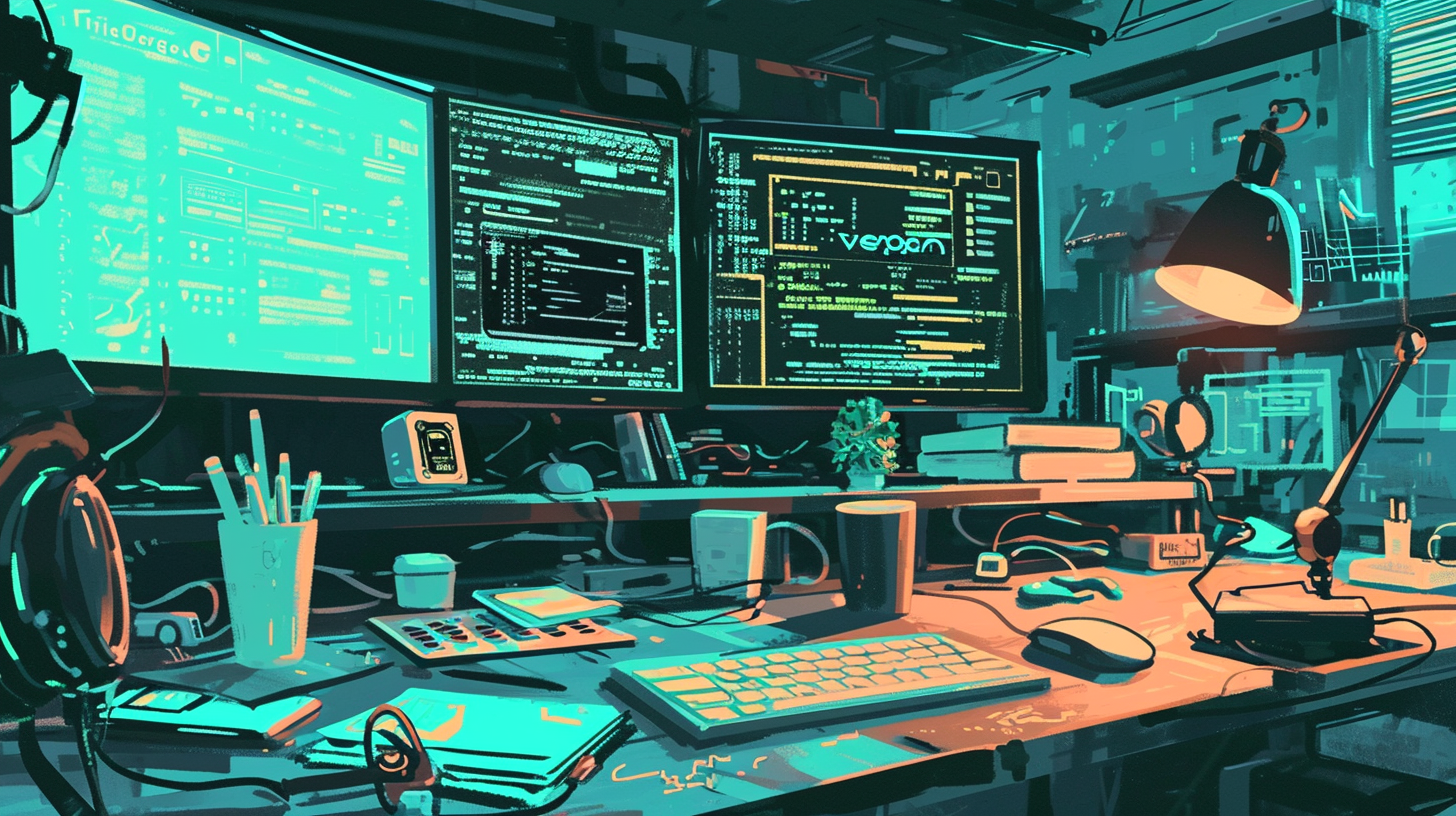Nobel laureate warns younger generations against studying STEM because AI could take over

In the age of AI, creativity and empathy will be in demand again, says Nobel laureate Christopher Pissarides.
Anyone currently considering studying science, technology, engineering, and mathematics (STEM) should reconsider, says Christopher Pissarides.
A professor at the London School of Economics, Pissarides believes that empathetic and creative skills will become more important in the future as AI automates more analytical tasks. Pissarides was awarded the 2010 Nobel Prize in Economics.
Will the IT industry become obsolete?
Pissarides explains that the skills needed today to collect, compile, and develop data for AI advances will become obsolete as AI takes over these tasks. In some IT professions, "the seeds of self-destruction" are being sown, Pissarides says.
Despite the high demand for STEM professionals, the labor market would continue to be dominated by jobs requiring more traditional and personal skills. In the long term, management skills, creativity and empathy will be needed in areas such as communications, customer service and healthcare. These jobs are less likely to be replaced by technology, especially AI, says Pissarides.
Many believe AI will transform the job market
There have been several predictions recently about how AI will change the job market. A study presented by OpenAI at the end of March concluded that large language models with access to tools will affect at least ten percent of the work of about 80 percent of the US workforce.
In May, the World Economic Forum released a 300-page Future of Jobs 2023 report based on a survey of more than 800 companies. Employers expect about a quarter (23%) of jobs to undergo structural change over the next five years. Jobs in the supply chain and transportation, media, entertainment, and sports will be most affected.
In early August, the Pew Research Center predicted that 19 percent of jobs could be significantly impacted or even eliminated by AI, particularly higher-skilled and higher-paying jobs. The findings are similar to those of the OpenAI study.
In addition, we have seen some anecdotal reports on social media of editors or artists complaining about declining budgets here and there.
AI News Without the Hype – Curated by Humans
As a THE DECODER subscriber, you get ad-free reading, our weekly AI newsletter, the exclusive "AI Radar" Frontier Report 6× per year, access to comments, and our complete archive.
Subscribe nowAI news without the hype
Curated by humans.
- Over 20 percent launch discount.
- Read without distractions – no Google ads.
- Access to comments and community discussions.
- Weekly AI newsletter.
- 6 times a year: “AI Radar” – deep dives on key AI topics.
- Up to 25 % off on KI Pro online events.
- Access to our full ten-year archive.
- Get the latest AI news from The Decoder.